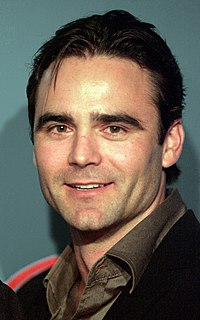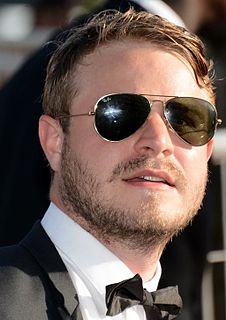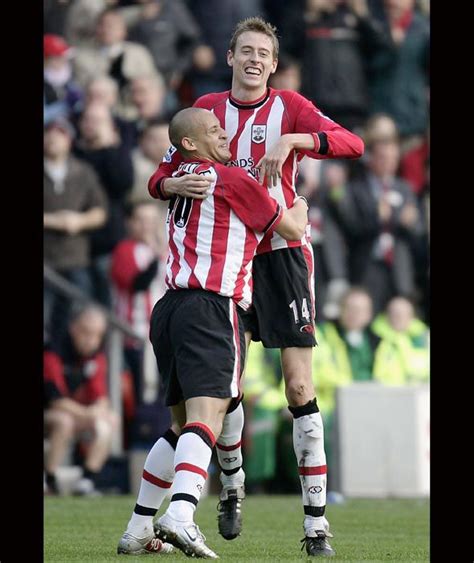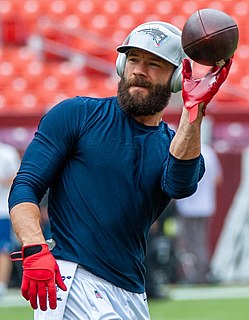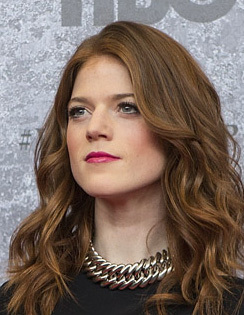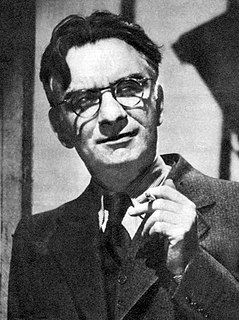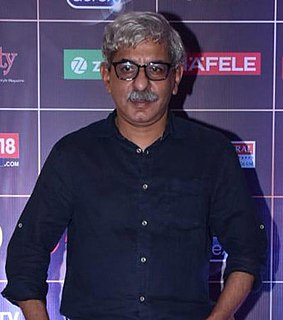A Quote by Gugu Mbatha-Raw
For me, it was all about working with an inspirational filmmaker.
Quote Topics
Related Quotes
As a filmmaker I have changed, yes. I seem to have crossed a line and that journey, trajectory change is more apparent. I'd say, what changed dramatically in me as a filmmaker is the fact that now, it is about why am I making the film, what is this supposed to mean to people. Earlier, it was more about entertaining or engaging them.
Alejandro Amenábar is a very interesting filmmaker. I had really liked The Others, which was a movie he made with Nicole Kidman a few years ago. He made a very compelling case about how much he wanted me to be in this movie. Whenever a really passionate, talented filmmaker seems to have an interest in me, I take it very seriously because I like to work.
We've been fighting our whole lives to say we're just human beings like everyone else. When we start separating ourselves in our work, that doesn't help the cause. I've heard it for years: 'How do you feel being a black filmmaker?' I'm not a black filmmaker, I'm a filmmaker. I'm a black man, I have black children. But I'm just a filmmaker.




